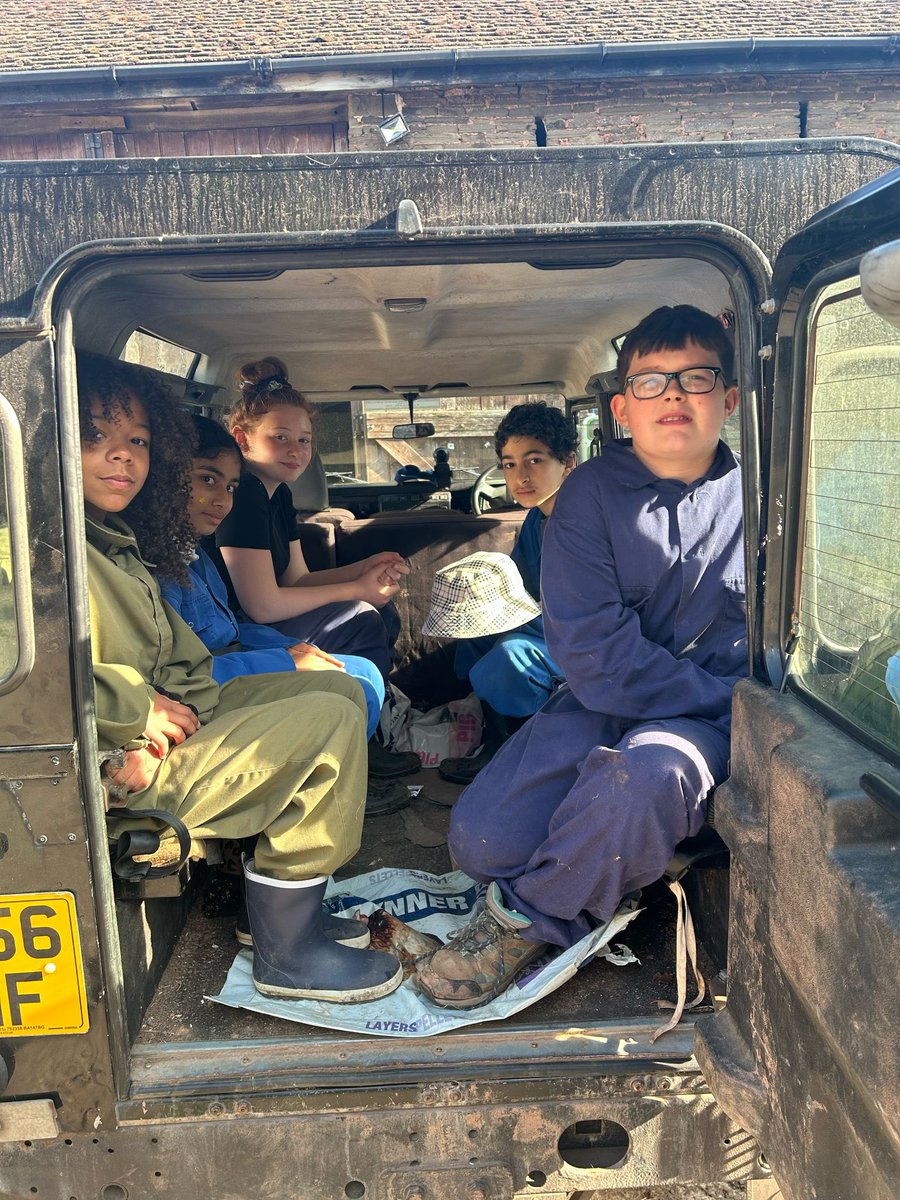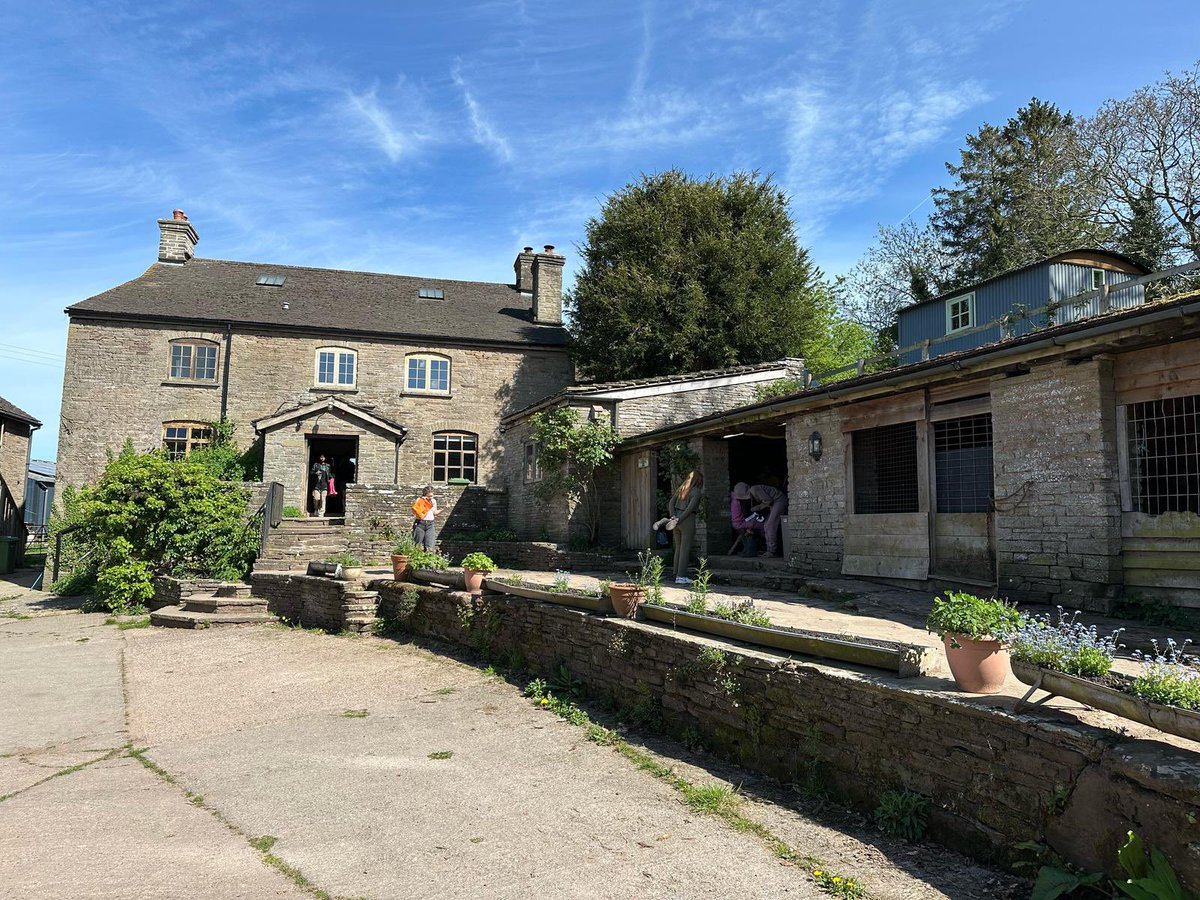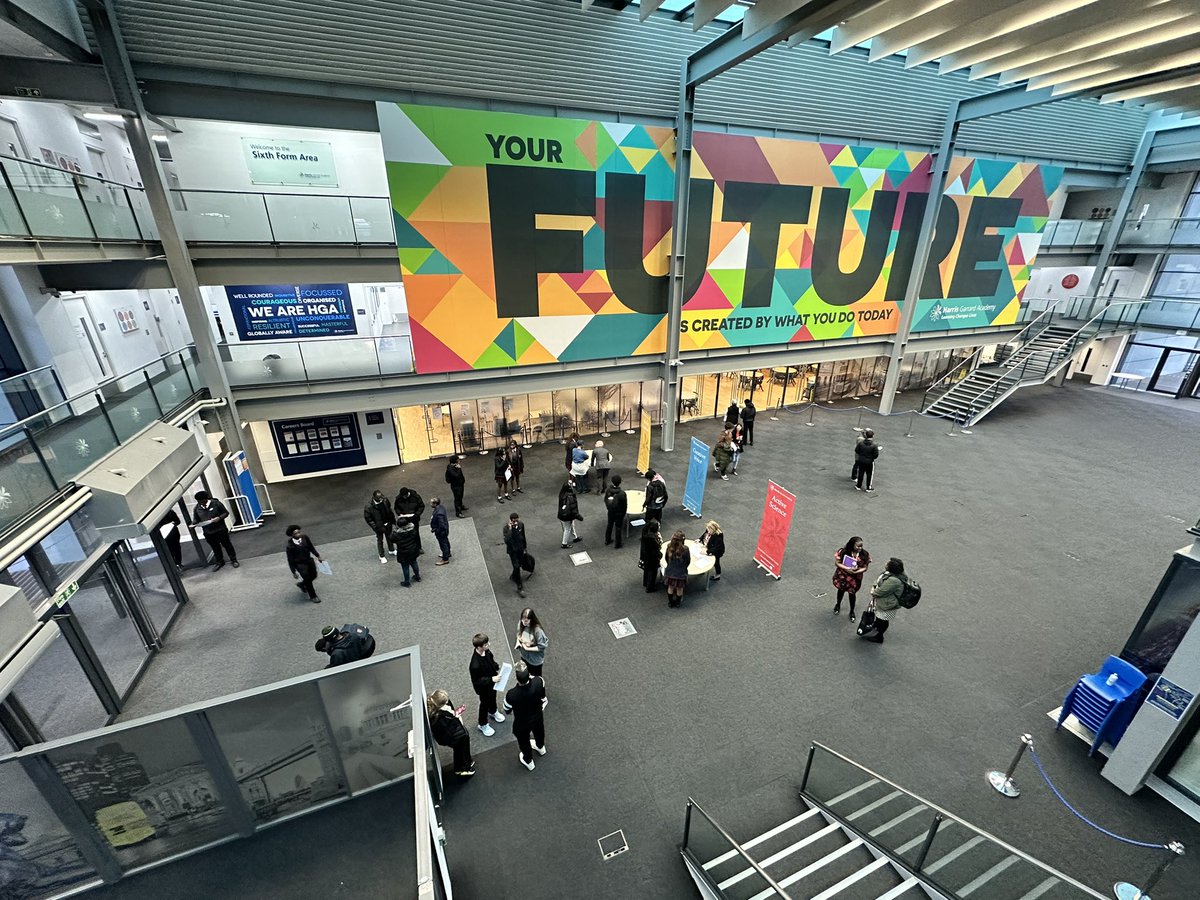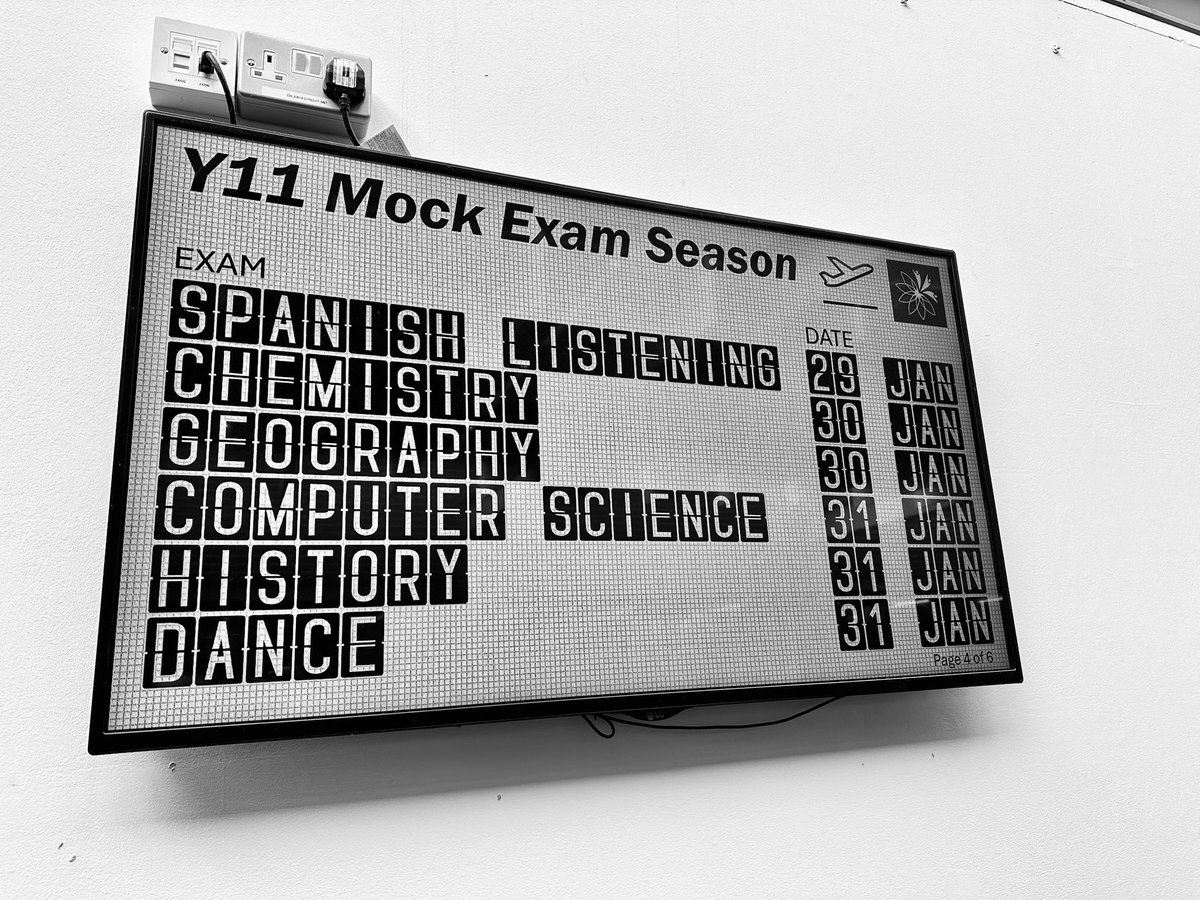Computer Science and IT
At Harris Garrard Academy, we are committed to delivering a comprehensive Computing curriculum aligned with the National Curriculum.
Our programme is built around the three core strands of the National Curriculum in Computing (Digital Literacy, Information Technology, Computer Science) to ensure a well-rounded education in this essential field.
We offer Computing education across three key stages: KS3, KS4, and KS5.
- At KS3, students engage in a broad, foundational computing curriculum.
- At KS4, they choose between two distinct pathways: the vocational Cambridge National Certificate in Information Technology (CAMNAT) or the academic route in Computer Science.
- At KS5, students exclusively follow the academic path, focusing on Computer Science; there is no vocational offering at this stage.
Curriculum aims
Our curriculum is designed to ensure that all pupils:
- develop proficiency in coding for both practical and creative purposes, with cross-curricular applications
- understand the importance of safe and respectful online interactions, while acting ethically and within the law
- gain insight into the interconnected nature of modern devices and systems.
- effectively communicate their ideas through a variety of digital platforms and applications.
- acquire the skills to collect, organise, and manipulate data efficiently.
Teaching structure
Key Stage 3: Pupils have a dedicated weekly Computing lesson.
Key Stage 4: Students receive two Computing lessons per week.
Key Stage 5: Pupils attend five weekly lessons, allowing for deeper exploration of Computer Science.
Curriculum intent
We are dedicated to nurturing responsible digital citizens. Our aim is to equip students with the knowledge and skills necessary to navigate, evaluate, and utilise the ever-evolving digital landscape.
We foster critical thinking and a deep understanding of technology, helping students make informed decisions about the quality and relevance of the information they encounter.
Key Stage 3 curriculum intent
The KS3 curriculum provides students with a solid foundation in Computing, focusing on online safety and the responsible use of technology. It is designed to develop resilient learners who can problem-solve and learn from their mistakes. This stage introduces the knowledge, skills, and understanding needed to pursue either the CAMNAT IT or Computer Science pathways at KS4, empowering students to make informed GCSE choices.
Key Stage 4 curriculum intent
At KS4, students build on the knowledge acquired in KS3, becoming more resilient, logical thinkers. The curriculum emphasizes skills like decomposition, abstraction, and problem-solving, which are essential for tackling complex computational problems. In addition, students continue to enhance their digital literacy, learning how to design, create, and evaluate digital products for specific purposes and audiences.
Key Stage 5 curriculum intent
The KS5 curriculum promotes independent learning and research skills. Students deepen their understanding of Computer Science by engaging in complex projects, such as designing and programming computer games. This stage encourages critical thinking and problem-solving, enabling students to apply their knowledge in real-world scenarios.
Curriculum implementation
Year 7 topics
E-Safety: Understanding online safety and how to use digital devices responsibly. Learning how to navigate remote learning platforms for homework and classwork.
Programming: Introduction to basic programming, covering arithmetic operators, variables, and user inputs.
Data Representation: Introduction to the binary number system and how it works.
Year 8 topics
E-Safety & Web Design: Deepening knowledge of online safety and learning to create web pages using HTML.
Data Representation: Understanding data units and how binary numbers represent data. Learning binary-to-denary conversion and binary addition.
Programming: Developing programming skills using text-based languages and understanding spreadsheet applications.
Year 9 topics
Computer Systems & Networks: Exploring how computer networks function, including hardware components.
E-Safety: Recognising various online risks and how to address them.
Programming: Introducing advanced concepts like loops (For, While), conditional statements (If/Else), and algorithms. Enhancing data manipulation skills using complex spreadsheet formulas.
Key Stage 4 curriculum - Computer Science (Years 10 & 11)
Algorithms: Students learn about sorting and searching algorithms, analysing their efficiency and implementing them using Python.
Key topics include:
- Loops
- Variables
- Sorting algorithms
- Searching algorithms
- Computer systems and architecture
Key Stage 4 curriculum - Information Technology (Years 10 & 11 - CAMNAT IT)
Students work towards the Cambridge National Certificate in Information Technology, focusing on digital literacy, data handling, and creating digital products for real-world applications.
Key Stage 5 curriculum (Years 12 & 13)
The KS5 course is divided into two core components:
Component 1: Computer Systems
In this section, students explore the internal workings of computers, from how data is stored using binary to computer architecture. Topics include data structures, assembly language, and the fetch-execute cycle.
Component 2: Programming
Students learn advanced programming using Python, covering key concepts such as:
- object-oriented programming
- data structures and algorithms
- program design and development
- problem-solving through complex project work, such as game development using a test-driven approach.
You can download Knowledge Organisers for each year group from our Knowledge Organisers page.
For queries about the ICT and Computing curriculum please contact Christian Yotha-Tchoumi c.yotha@harrisgarrard.org.uk.
Further details of the curriculum can be found below.
Primary Curriculum
Within the context of Harris Garrard Academy, computing is to be taught and celebrated with the use of interactive and challenging lessons to develop responsible, competent and confident learners. We have a diverse demographic who undoubtedly live in a generation where technology largely influences their culture. We wish to prepare them for a world where their future pathways in education and careers will involve computing.
The primary goal we desire for pupils is to develop a real love for technology and become digitally literate in a more tech-savvy generation. We at Harris Garrard Academy, are world changers and can understand and apply the fundamental principles and concepts of computer science. We have a responsibility to have a wider understanding of how technology can be used in various contexts as opposed to just on a singular device.
The direct impact of effective computing lessons is that pupils will use the information they know to then ground this in their own personal experiences. Pupils will understand that computing is a part of their everyday practice; it is not a separate identity. Over time, the aim is for pupils to gradually develop their own passion to create their own content and use technology safely, respectfully and responsibly. Pupils will value the technology that we are privileged to have in the 21st century and the important place that it has in our lives.
Mr Abbas, AP & Primary Computing Lead
Year 7
|
Knowledge |
Assessment |
Skills / Future Pathways |
|
||
|
E-safety How to become effective digital citizens? Essential for safe use of technology in their digital lives, as they become frequent users of social media and the Internet. |
|
||||
|
|
|
|
||
|
Scratch: How do we program a computer? (Block programming) |
|
||||
|
|
Future learning:
|
|
||
|
How do computers work? How do computers talk to each other? Understand the hardware and networking.
|
|
||||
|
|
Future learning:
|
|||
|
Computational Thinking This unit is looking at Algorithms in relation to flowcharts and pseudocodes.
|
|||||
|
|
Future learning:
|
|||
|
Searching the web Enable students to be able to search the internet Search for information efficiently |
|||||
|
|
Future learning: |
|||
|
|
|
|||
Year 8
|
Knowledge |
Assessment |
Skills / Future Pathways |
|
|
E-safety How to become effective digital citizens? Essential for safe use of technology in their digital lives, as they continue to become frequent users of social media and the Internet. |
|||
|
|
|
|
|
Data Modelling and Spreadsheet: Understanding how and why we need to be able to model. Develop skills using spreadsheets to analyse data. Develop skills to support future study, work and life in the modern world |
|||
|
|
Future learning:
|
|
|
Bits and Binary Why is Binary so important? Understand how images and sound are stored using binary.
|
|||
|
|
Future learning:
|
|
|
intro to programming using python |
|||
|
|
Previous learning:
Future learning
|
|
|
Webpages: Simple intro to text language program. What language are webpages created in? |
||
|
|
Future learning:
|
Year 9
|
Knowledge |
Assessment |
Skills / Future Pathways |
|
E-safety How to become effective digital citizens? Essential for safe use of technology in their digital lives, as they continue to become frequent users of social media and the Internet. |
||
|
|
Future learning:
|
|
Computational Thinking How to use computational thinking to problem solve?
|
||
|
|
Future learning:
|
|
Cryptography & Cybersecurity How do we stay safe from hacker? Develop problem-solving skills, resilience, and computational thinking skills. |
||
|
|
Future learning:
|
|
Programming and Computational Thinking |
||
|
|
|
|
|
Future learning:
|
|
Databases Develop understanding of Databases |
||
|
|
Future learning:
|
Year 10-11
|
Knowledge |
Assessment |
Skills / Future Pathways |
|
Computer System-J277/01
|
||
|
|
Future learning/Path:
|
|
Computational thinking, algorithms and Programming - J277/02 |
||
|
|
Future learning/ Path:
|
Year 12-13
|
Knowledge |
Assessment |
Skills / Future Pathways |
|
Computer systems (Component 01) |
||
|
|
Future learning/Path:
|
|
Algorithms and programming (Component 02) |
||
|
|
Future learning/ Path:
|
Careers
This course not only provides a strong academic foundation but also offers practical skills that are valuable in a wide range of professions, including:
- IT Technician
- App Designer
- Network Engineer
- Data Analyst
- Journalist (with a focus on tech reporting)
- Robotics Engineer
- Programmer
- Telemetry Analyst (e.g., in car racing)
- Digital Design and Image Manipulation
- Interface Design
- Web Designer
- Software Development
- Entrepreneur (with tech-based startups)
- GCHQ (Government Communications Headquarters) Roles
- Cybersecurity Specialist
- Cryptologist





















